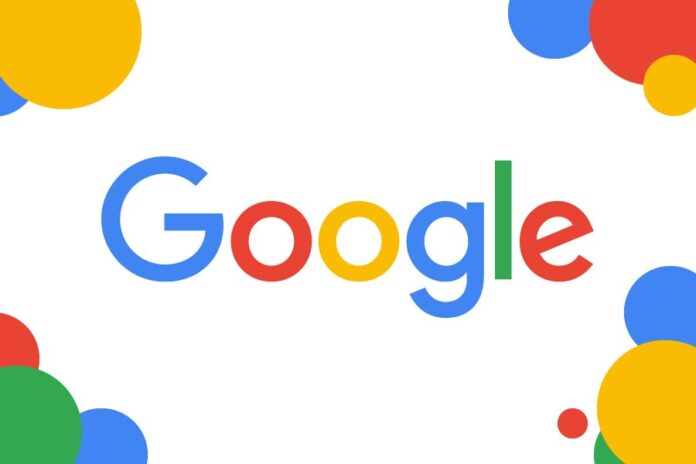Google’s monopolistic control of internet search engines requires that it be regulated as a public utility
Republican Party lawyer Harmeet Dhillon authored an op-ed in The Daily Caller last week, alleging that Microsoft’s new “NewsGuard” plugin is likely to end up indirectly censoring conservative news sources. Dhillon’s allegation is part of a broader bipartisan worry over the relationship between Big Tech and information accessibility.
In an era dominated by the proliferation of information online, internet access has become a crucial component of everyday life, occupying a functionary role once represented by other technologies in the past. Harvard law professor Susan Crawford wrote that “high-speed wired Internet access is as basic to innovation, economic growth, social communication, and the country’s competitiveness as electricity was a century ago.”
Through its namesake search engine and its video-sharing subsidy YouTube, Google dominates the online information market. Google is the most-visited site in the world, with YouTube comfortably occupying the second-place slot. Its near-monopolistic domination of the world wide web is apparent through the degree by which it outshines its rivals. As of January 2019, Google comprises just under 93 percent of the global search engine share.
Google has come under fire before for its alleged role in monopolistic practices. Since 2010, the European Union has hit the company with three different antitrust investigations, all related to its violation of the European Competition Law. Specifically, the individual cases accused the company of engaging in illegal behavior related to its self-promotion of Google AdSense, Google Shopping and the Android operating system. All three cases resulted in formal charges against Google, and the organization has been fined €4.3 billion ($5 billion) by the European Commission thus far.
Observers have noted that Google has become increasingly entangled in American politics, including forming a tight and secretive relationship with the Obama administration. According to a report by The Intercept and the non-profit Campaign for Accountability, Google attended White House meetings more than once per week on average — a degree of affinity unmatched by any other public company. Emails obtained by the Google Transparency Project documented a similar relationship. Google executives met personally with members of the Obama administration while the company was still under an antitrust probe by the Federal Trade Commission — the first incident of a presidential administration engaging in this type of conflict of interest since Nixon.
In the past, conservative critics have accused Google of deliberately censoring dissenting right-wing opinions. This includes allegations that Google has unjustly blacklisted conservative content, knowingly altered search algorithms against Republicans and unfairly favored liberal news outlets. A leaked video distributed in the aftermath of the 2016 election depicted top Google executives bemoaning Donald Trump’s victory to their employees — doing little to absolve anxieties over the company’s relationship with politics. Meanwhile, a number of 2020 Democratic hopefuls from the party’s more progressive wing have voiced their concerns over what they perceive as Big Tech’s violation of personal privacy.
History has shown that when left unchecked, monopolies use their power to crush competition and stall innovation. As a natural monopoly, search engines possess a high barrier to entry, thus eliminating the ability of the free market to create legitimate competitors. Google’s unique domination of information access is an especially eccentric case, as it literally places the ability to control the perception of reality in the hands of a massive tech corporation.
Treating Google’s search engine as a public utility would allow for greater legal oversight over the company’s possible monopolistic and politically-biased practices. Placing the company under the careful scrutiny of a public utilities commission grants the government the ability to enforce antitrust action in a manner that the free market simply cannot. Additionally, it would create greater transparency over the relation of the corporate giant to the American political class. With the sum of human knowledge at our figureprints, ensuring that unbiased access to collective information remains readily available should be a top concern.
Written by: Brandon Jetter — brjetter@ucdavis.edu
Disclaimer: The views and opinions expressed by individual columnists belong to the columnists alone and do not necessarily indicate the views and opinions held by The California Aggie.




